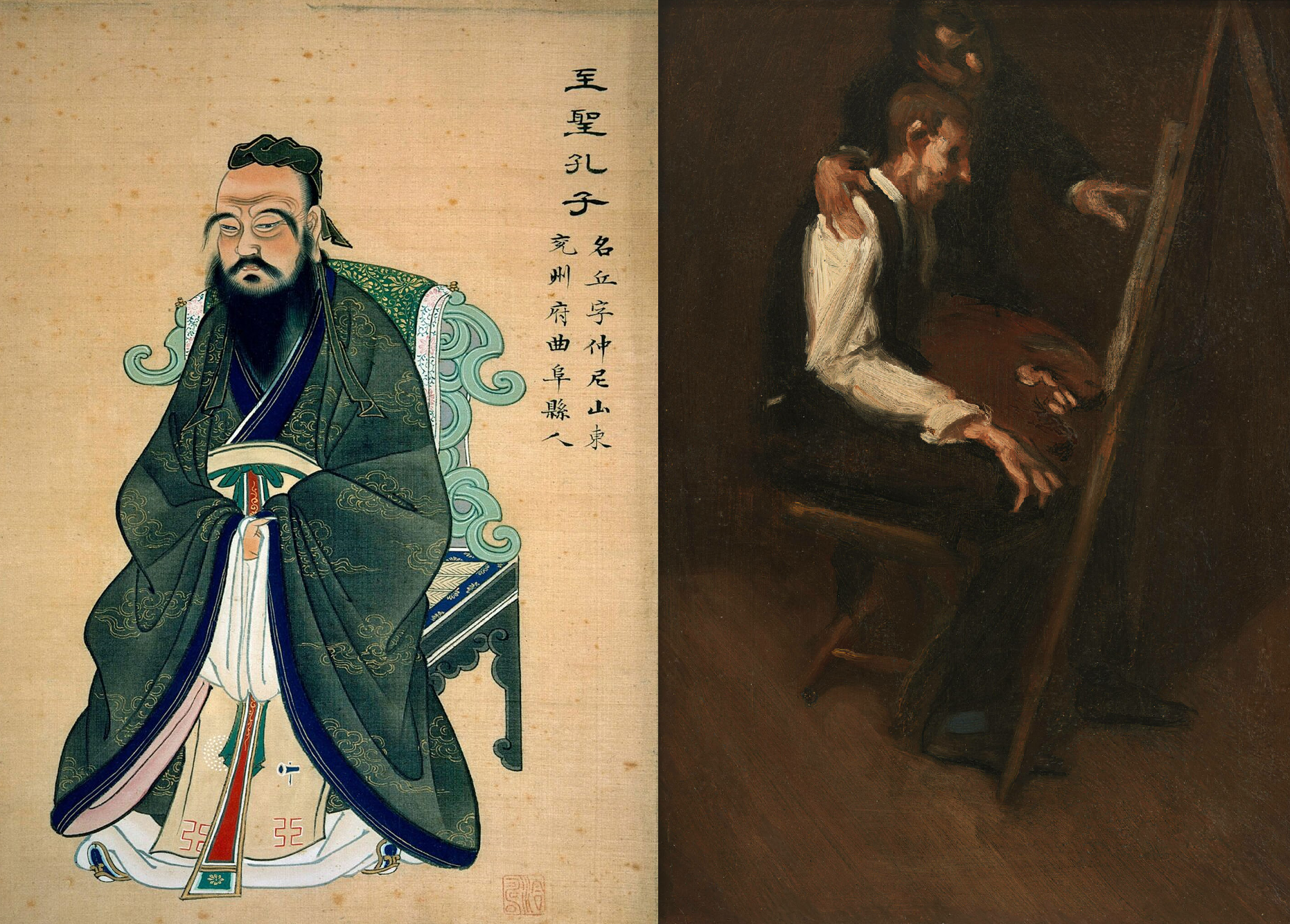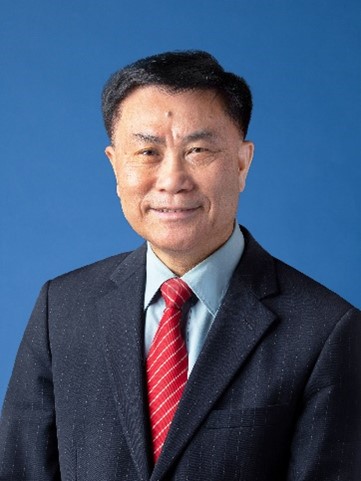Liberal Arts and Humanities in East Asia and the US
- Leonard Cheng, Lingnan University
- Mickey McDonald, Great Lakes Colleges Association
- Ka Ho Mok, Lingnan University (Hong Kong)
Event Materials
This event is now archived and we are pleased to provide the following event media and assets, along with the original event overview.

Speakers: Leonard Cheng, Mickey McDonald
Chair: Ka Ho Mok
Leonard Cheng: “Arts and humanities may be down but will not be out: A perspective from East Asia’s liberal arts education, boya education and cultural quality education”
In this paper, the ancient European and Chinese approaches to whole person education, namely liberal arts education in Europe and “Boya education” in China will be compared. Despite their similarity in aiming to develop well rounded graduates, their different curricula have profound long term consequences. One of them is that the Scientific Revolution took place in Europe but not in China. The other is that thousands of years later, the East Asian countries all had to learn from the Europeans in building modern universities, especially in the sciences, engineering and medical subjects.
But the Confucian tradition of whole person education is not lost in China and other countries that embrace Confucianism or Neo-Confucianism. Some key aspects of building Chinese universities in the early 20th century will be illustrated. Also illustrated will be the experience of Japan, South Korea and Vietnam. In addition to the Confucian tradition, Japan also has a tradition of Buddhist whole person education. Beyond these East Asian countries, some observations on India’s and Saudi Arabia’s effort to build universities that are internationally competitive will also be made.
Arts and humanities may now appear to be down relative to the popular STEM subjects, but they will not be out because they will be important for cultivating national cultures and values in the above East Asian countries. In addition, arts and humanities will be indispensable to creativity and humanism in the world of automation and smart manufacturing.
Mickey McDonald: “A reflection on the status of liberal arts education in the U.S.”
A vital contribution of Richard Detweiler’s recent book, The Evidence Liberal Arts Needs: Lives of Consequence, Inquiry, and Accomplishment, is data showing that some of the most critical aspects of what we teach, how we teach it, and how we organize the whole of the educational environment in liberal arts education correlate with important positive life outcomes. It is not just what we teach – humanities, arts, and all the other subjects typically found at a liberal arts institution. The “combination of purpose, content, and context is an educational ecology designed to transform lives: these attributes are interlinked, and we must consider them all to understand the liberal arts educational experience.” (Detweiler, 2021) This agrees with my decades of experience, largely at small, residential, US-based liberal arts institutions.
Liberal arts education is not static now and never has been. It has evolved in purpose, context, and content depending on where it is practiced and in response to changes in society and higher education. My comments will focus on how liberal arts institutions in the U.S. are adapting and evolving, perhaps more swiftly now than in the recent past, to the shifts in context and purpose that we are seeing, and the challenges and opportunities these pose for liberal arts institutions.
I will look at four significant shifts and share some examples of ways institutions are adapting and evolving.
- Political and societal, including how higher education generally and liberal arts specifically are being viewed in terms of its purpose in and importance to society.
- Employment, including what it is we are preparing students for and how families view the purpose of college in relation to students’ futures.
- Demographic, including an impending enrollment “cliff” and on-going demographic shifts by region and race.
- The cost of higher education, including how higher education has been and is paid for.
About the CGHE webinar series on ‘Do the Arts and Humanities have a Place in Higher Education? Fresh lenses on the debates’
The economic purposes of higher education dominate policy and public discourse in HE systems around the world with graduate labour market outcomes, graduate salaries, and the skills needs of employers increasingly used as markers of educational quality and mechanisms of institutional regulation. Arts and Humanities subjects tend to be associated with relatively modest labour market returns compared to STEM and medical sciences subjects and are often criticised for failing to provide employers with the skills required by a rapidly digitising economy. At the same time, researchers in Arts and Humanities subjects often struggle to show clear impact from their work in a regulatory and funding context that links research value with impact, industrial linkages, and innovation. As such, the Arts and Humanities face criticism, regulatory pressures, and reduced funding. The Arts and Humanities are consequently often described as being in a state of ‘crisis’ and sympathetic commentators, advocates, and researchers regularly attempt to justify the importance of these subjects in both economic and intrinsic terms.
However, the debates over the social, political, and economic value of the Arts and Humanities have been taking place in various forms for more than a century. In fact, the Arts and Humanities have arguably been in a near constant state of crisis since at least 1959, when C. P. Snow wrote his famous essay on ‘The Two Cultures and the Scientific Revolution’. Despite ongoing crises, some expansions and contractions, and some tinkering at disciplinary boundaries, the Arts and Humanities have proved remarkably robust and resilient. Yet critiques and existential justifications for Arts and Humanities subjects remain a regular feature of the higher education landscape with very little meaningful dialogue taking place between either side and no realistic move towards resolution in the debate at either policy, public or academic levels. A new way of framing the discussion of the place of the Arts and Humanities in higher education is clearly required. Therefore, in this seminar series we aim to shift the discourse and reframe the discussion by bringing together different perspectives to examine the place of the Arts and Humanities in relation to society, politics and the economy through the lenses of individual students, academics and researchers, institutional governance, national policy, and global discourse.
You need to register individually for each webinar in the series. You can register for the other webinars in the series here.
Booking
You will need to register to join this webinar. Please register here



